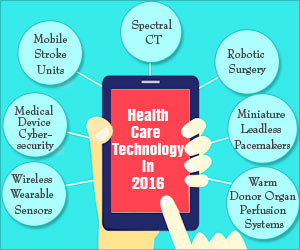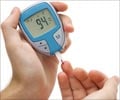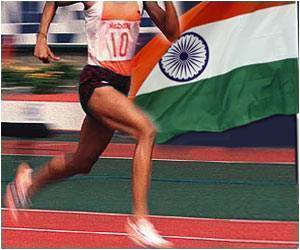The global medical technology market is expected to be $600 billion by 2025 indicating a manufacturing base of $200 billion by the time. India will capture about 10% of that share by 2025 in line with China's share today, said Dr. Harsh Vardhan, Minister for Science & Technology, Government of India.
The Union minister was speaking at a press conference organized by the Department of Biotechnology (DBT), Ministry of Science and Technology at the CSIR Science Centre, New Delhi on 12th January 2016. Dr. Vijay Raghavan, Secretary, DBT, and other senior officials were also present at the event.Other points Dr. Vardhan shared are as follows:
- At present, medical technology industry in India is the fourth largest in Asia. India was assessed at US$6.3 billion in 2013.
- Growing at 10-12% per year until 2025 indicates an overall healthcare spend of US$250-350 billion.
- Current penetration levels of 8% indicate a domestic market of $20–25 billion;
- Indian device market consists of medical instruments, syringes, needles, catheters, scanning devices and bandages, and orthopedic and ophthalmic devices.
The DBT, since its inception, has spearheaded biomedical research in the country and continued to do so. Recognizing the need for Medical Technology Innovation, the DBT is promoting this sector by supporting various initiatives across the country that have significantly resulted in affordable products of societal and public health relevance.
This sector has seen a large number of successful scientists, talented entrepreneurs and young startups building their own enterprises. The complete value chain from product discovery to commercialization has been expedited and today we have around 40 medical devices and diagnostics some of which have received U.S. Food and Drug Administration clearances.
D.Rx, a mobile app for information related to drugs sold in India, Bioscoop, a safer and easy method to perform a percutaneous liver biopsy, Uthishtami, a device to help the elderly stand up independently from a sitting position are among the 40 novel medical devices and diagnostics launched by the DBT recently.
Biodesign Program
The program is one of the examples of inclusive medical technology innovation. This is based on a novel approach to an end-to-end process that starts with idea formation through clinical immersion up to commercialization by a team comprising an engineer, physician, product designer, and an entrepreneur. The objective of this drive is to train next generation of medical technology innovators who will, in turn, focus on invention and early-stage development of low cost new medical technologies for the Indian population. The aim is to develop simple, indigenous, rapid, low-cost medical devices and implants by applying four components i.e. availability, affordability, accessibility, and appropriateness.The Healthcare Technology Innovation Center (HTIC) established at IIT-Madras is delivering technologies and innovations that are reaching the field through industry partnerships and government, producing advantages to lives and our society. Biotechnology Industry Research Assistance Council (BIRAC) is a Public Sector Undertaking set-up by the Department. BIRAC has supported nearly 300 Start-up's and small and medium enterprises (SME's) and 150 young entrepreneurs for innovation, and product development. The biotech startup scenario in the country was transformed by BIRAC's flagship schemes.
Source-Medindia









